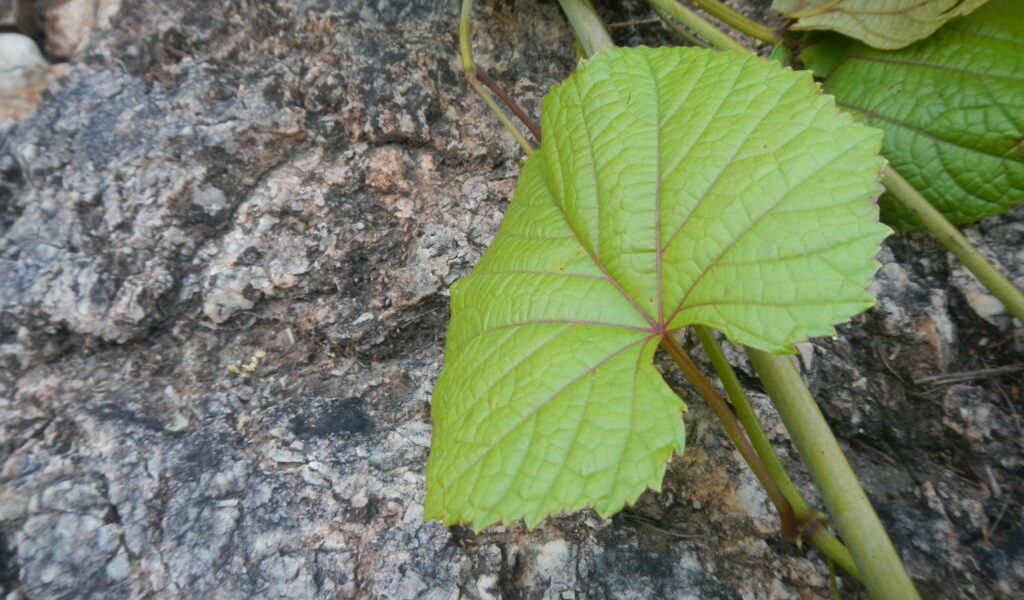
Religious sites around India are looking for ways to re-use or recycle floral waste, and startups and companies are lending a hand either with resources or technology. India’s many places of worship generate close to 20 lakh tones of flower waste daily. Much of it ends up with landfills, where it doesn’t compose as it would naturally because it’s mixed with other non-biodegradable waste.
Dumping flowers in the waterbodies is not a good solution. Floral waste uses the dissolved oxygen in rivers and lakes to decompose. This causes oxygen deficiency for marine life. One researcher has found a way to use discarded flowers to make essential oils by simple extraction method in lab only. It can be set up in each and every temple, atleast those temples which generate so much floral waste.
In 49 temples of Kanpur and nearby areas, 4.2 tonnes of floral waste are collected daily by ‘Help Us Green’ established in 2015 and used to produce hand rolled incense sticks. It helps in cutting down the waste reaching Ganga everyday as well as it is providing employment to the locals. It’s packaging is also designed to keep people from throwing it away easily because of the religious imagery on it, which contains tulsi seeds, again one can plant it. In Mumbai also, ‘Green Wave’, a social enterprise helps in a same way.
A shredding machine is used with sawdust and bacteria in Delhi’s Jhande wala Temple, ending up with compost. The odourless result is in high demand with farmers, local schools and a temple in Mandoli. Turning waste into compost is also cost-effective, further composting on site saves the municipal corporation and tax payers the cost of transporting waste to a landfill. The flowers come from the soil and go back as compost. That’s what religious spaces are all about- to remind us of the cycle of life.
Matter Referenced: Times of India, Ahmedabad, Wednesday, 12th September, 2018.
By: Dr. Bhawana Asnani.
Happy to see Reviews, Additions, Suggestions and Comments, further.

Leave a Reply
You must be logged in to post a comment.